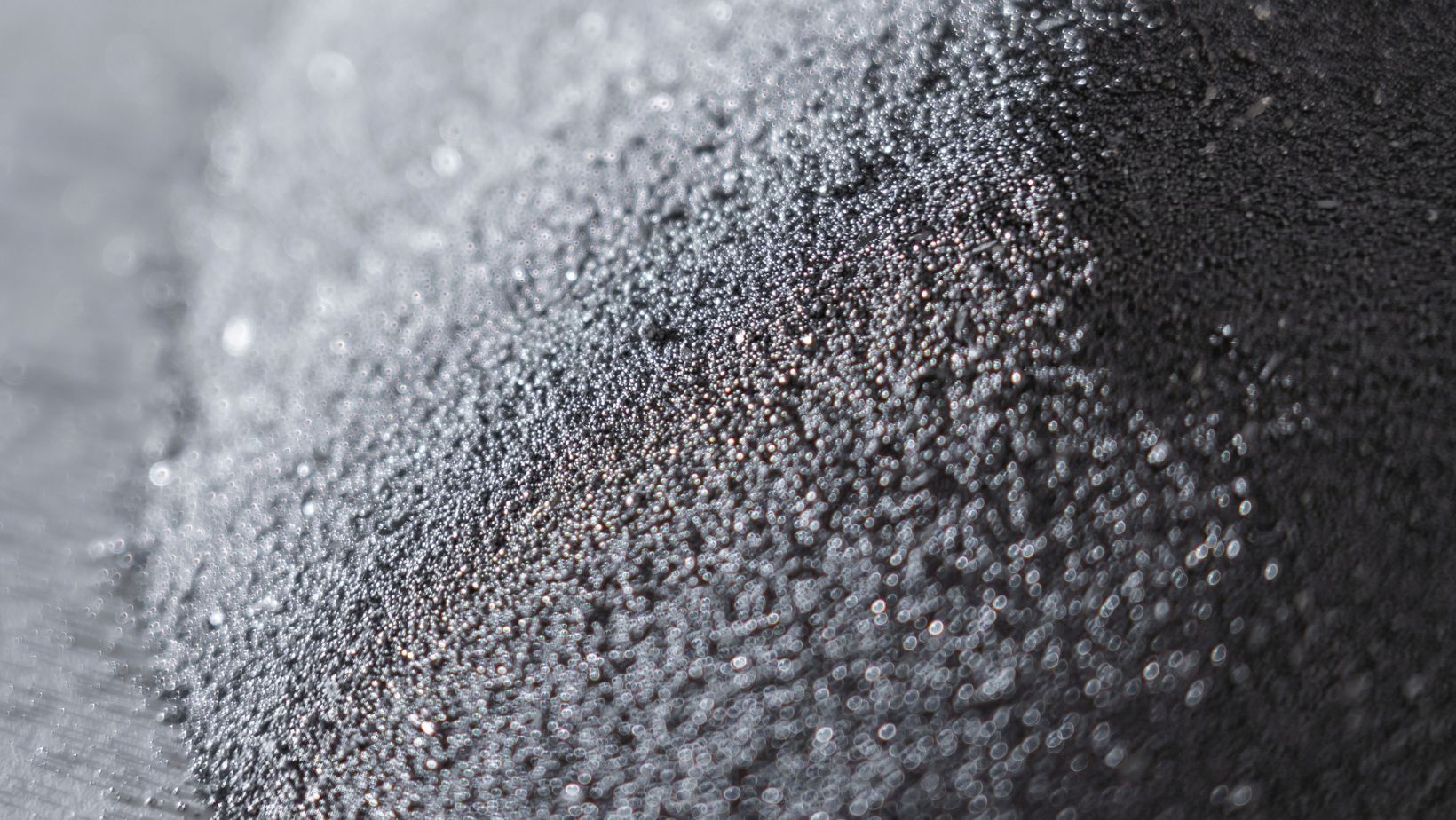News & Events
Ceit to innovate in sustainable materials with a view to promoting electrification

20 | 09 | 2024
The Ceit Technology Centre is spearheading the Atlantis project, which is viewed as a solution for developing materials with state-of-the-art electromagnetic and innovative thermo-structural properties.
The project will entail significant advances in helping to contribute towards European objectives in terms of climate neutrality and promoting electrification and digitalisation towards sustainable transport and cleaner energies.
Climate change is one of the major global challenges, and the EU has set out an ambitious objective to deal with it: attaining carbon neutrality by 2050. To do so, advances need to be made in the transition towards renewable energies and key sectors such as industry, transport and mobility also need to be decarbonised. In this respect, electrification can be considered an essential strategy for reducing greenhouse gas emissions and promoting a more sustainable development model.
State-of-the-art materials to promote electrification
Within this context, the ATLANTIS project seeks to develop a solution based on state-of-the-art materials that not only meet sustainability requirements in terms of design, manufacture and recycling, but also one that promotes electrification and energy efficiency in key sectors. Under Ceit leadership, this project also includes the participation of a consortium made up of MONDRAGON UNIBERTSITATEA, LORTEK, AZTERLAN, TEKNIKER, TECNALIA, the University of the Basque Country (UPV/EHU) and the company, EIPC.
The main objective of the ATLANTIS project is to develop materials featuring state-of-the-art electromagnetic and innovative thermo-structural properties.
Magnetic materials free of dependent critical materials
Within the project framework, Ceit will be focusing on the development of hard magnetic rare-earth free materials – a crucial innovation given European dependency on critical materials from outside the continent. The research will also cover the manufacture of state-of-the-art alloys such as the Cantor alloy, designed to provide high structural resistance and corrosion-free resistance at high temperatures, using atomized powder with Binder Jetting. Additionally, Ceit will be working on the development of copper-based shape memory materials via additive manufacture, especially using LPBF (Laser Powder Bed Fusion), with the potential to scale this methodology on an industrial level for use in the aeronautical and aerospace sectors.
The setting in motion of Atlantis will entail significant advances. Through its proposal involving innovative materials that are free of dependent critical materials from outside Europe, and a design focused on sustainability and recyclability, it will contribute to European objectives in terms of climate neutrality and promote electrification and digitalisation towards sustainable transport and cleaner energies.
The ATLANTIS project is funded by the Basque Government via the Elkartek Programme (KK-2024/00061).